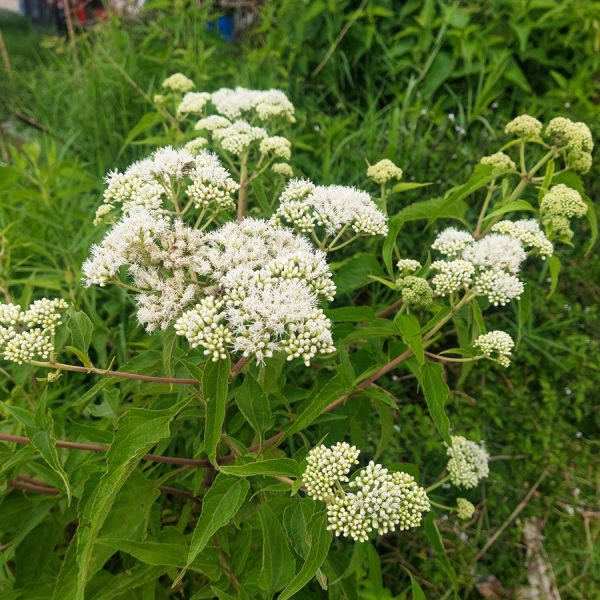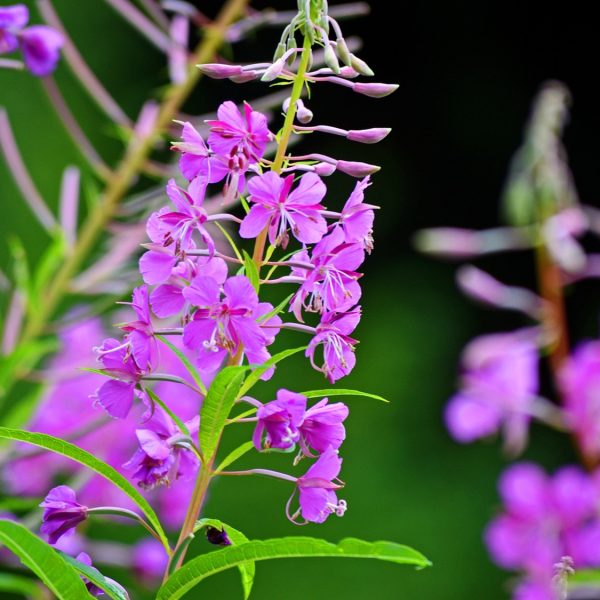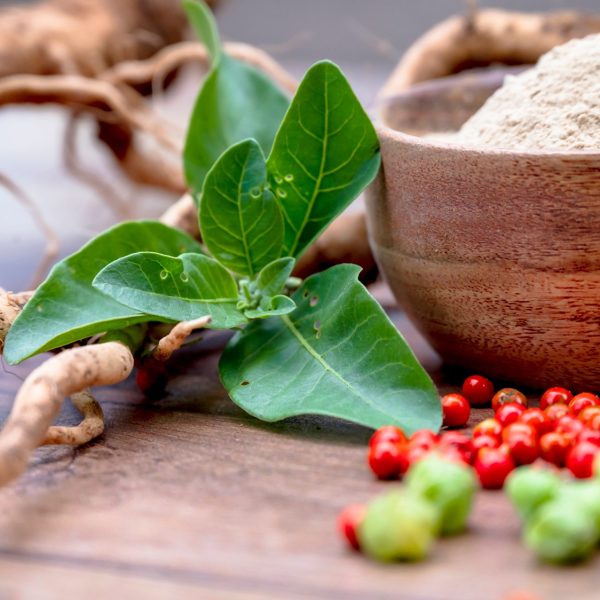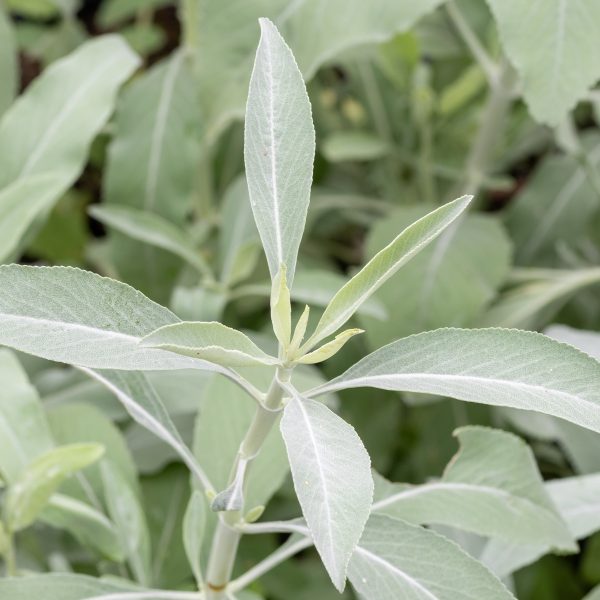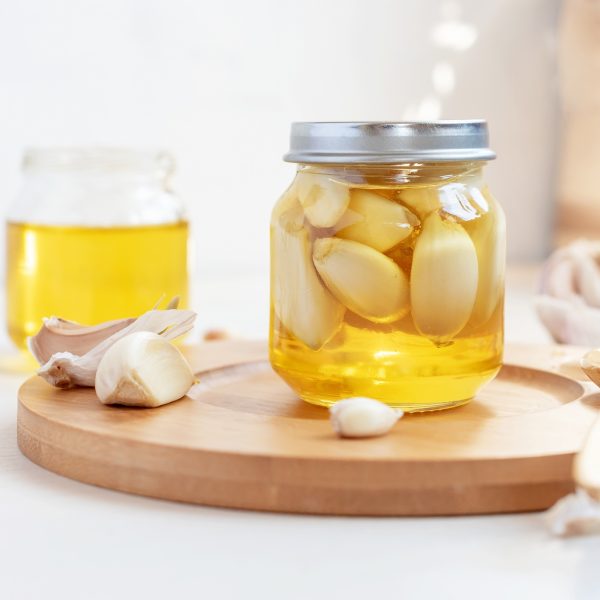With declining wild populations of medicinal plants, could alternative technological methods of cultivation with smart greenhouses support a sustainable supply of herbs under threat?

Modern-day technology is changing the fundamental way we relate to medicinal plants. Technological innovation is helping to tackle issues surrounding the sustainability, cultivation, processing, and quality assessment of medicinal plants, including how we conduct research into plants and their associated therapeutic properties.
This brief article explores agricultural technology, agritech, and its impact on the sustainability and safety of medicinal plants and associated medical practices. The aim is to enhance dialogue, share ideas and case studies demonstrating how emerging and innovative technology facilitates solutions to resolve common issues threatening the industry associated with medicinal plants. However, ‘herbal medicines’ may be defined and wherever the origins of plant knowledge may come from, whether from Ayurveda, traditional Chinese medicine (TCM) or any other traditions, modern-day tools and technologies offer a novel approach to cultivate, process and understand medicinal plants.
This brief will introduce concepts of smart agriculture and its potential to facilitate the sustainable production of medicinal plants and combat overharvesting of wild populations. Covering how these technologies might ensure safety by reducing contamination and adulteration of botanical products and reducing stress on wild populations via overharvesting. The landscape of botanical knowledge exchange is constantly changing because of how technological inventions affect us and how we understand, learn and process information on medicinal plants.
For example, the internet, smartphones, related devices, cameras, and software such as Google search and social media platforms add new digital aspects to medical and botanical knowledge exchange globally. Other topics not covered here are the use of agricultural tech with satellites, drone technology, robotics, DNA and chemical fingerprinting techniques, blockchain technology and artificial intelligence machine learning (AI-ML) driven approaches across various steps of the medicinal plant supply-chain, data collection and field trials with different cultivars or cultivation experiments.
The overharvesting of wild plants

Unsustainable wild harvesting of medicinal plants is a significant issue that detrimentally impacts the ecosystems, environments and communities that engage with these plants as part of cultural traditions or to support their livelihoods. Several factors may threaten wild plant populations; unsustainable harvesting practices, increased demand, climate change, plant vulnerability (owing to slow growth or sensitivity to environmental changes), habitat loss, and plant part(s) taken (e.g. the harvest of the roots or the core of a tree is especially dependent on sustainable practices to give the plant the chance to recover) (1,2).
Aside from the central issue of habitat and ecosystem destruction that results from the overharvesting of medicinal plants, downstream processes may arise from scarcity that increases the risk of poor quality, adulterated or contaminated products entering the market (3,4,5). Suppose medicinal plant populations drop in the wild due to unsustainable harvesting practices. In that case, it may also adversely affect indigenous, rural or remote communities whose livelihoods depend on these plants (this includes in a commercial sense) — such as communities in Somalia and Ethiopia dependent on frankincense (Boswellia spp.).
Another issue is that the genetic diversity of wild and cultivated populations may be reduced, and this may increase the risk of plant pathogens, as plants don’t possess resilience to particular pests or pathogens, resulting in highly fragile supply chains of critical botanical products (6).
Smart agriculture and Internet-of-Things-linked devices in agriculture

Cultivation of medicinal plants in modern-day high-tech greenhouses may help combat overharvesting of wild plants by providing a viable alternative source of plant material and alleviating the demand on wild populations. Smart greenhouses aim to create controlled microclimates and environments conducive to optimal growing conditions for a particular plant and use advanced sensors and feedback mechanisms to maintain ideal cultivation parameters. Despite this control and many different types of greenhouse cultivation techniques, there are still unanswered questions over how cultivated plants may differ in quality and constituent profile compared to wild plants, which varies uniquely for each species (7).
However, with recent technological advances in agritech, it is possible to facilitate growing diverse types of genetics and previously difficult to cultivate plants in smart greenhouses integrated with advanced agricultural techniques (e.g. tissue culture or grafting techniques) (8). Smart greenhouses are controlled growing environments that ensure multiple important growing factors, including light, heat, microbial content, airflow and other parameters, are monitored, and these data sources are often linked to the internet. This is achieved by using sensors to detect specific parameters, e.g., light or temperature, in the form of internet of things (IoT) devices that offer powerful techniques when utilised with feedback mechanisms to automation, AI and data management tools (9).
Further, modern-day greenhouses can be integrated to create sustainable production systems, having potential in circular economies. For instance, by using captured wastewater, utilising leftover heat sources from different commercial activities, and also having the ability to decrease certain risks of contaminants by monitoring, minimising and trying to prevent microbes, pests and plant pathogens as early on as possible using a variety of techniques from different growing mediums (controlled soilless substrates) and filtration of any water and fertilisers integrated with detection mechanisms (10,11).
Cultivating plants in high-tech environments may also facilitate greater control over specific growing conditions affecting the production of desired chemical constituents from medicinal plants, for instance, increasing specific bioactive compounds such as flavonoids or cannabinoids by altering particular wavelengths of light or soil conditions using microbes, temperature or air (12,13).
Examples of cultivating medicinal plants for sustainability and quality
An example of a medicinal plant at risk of being overharvested in the wild is the psychedelic peyote cactus (Lophophora spp.). These slow-growing cacti can take decades to grow to maturity and are at risk of going extinct in some regions. Cultivation of the Lophophora williamsii and other cacti can be achieved at an increased growing speed using grafting techniques onto naturally faster-growing cacti that can facilitate rapid growth compared with their natural growth rate. It is also important to note that wild populations are endangered and cannot meet the current demand. So the cultivation of peyote is likely to be essential to preserving wild populations and allowing them to regenerate (14).
A further example is the cultivation of medical cannabis where high-tech smart greenhouses using innovative technology may help us understand the causes and reduce the risks of pathogens and microbial contaminants through the different steps of the supply-chain by helping to control pathogens (such as powdery mildews or fusarium wilts) and other complications that arise during cultivation (15,16). In the case of medical cannabis, this facilitates the production of medical GMP standard medicines with a reduced likelihood of microbial contaminants.
Discussion and concluding thoughts

It should be noted that smart greenhouses and cultivation techniques using automation, AI and machine learning to integrate different data sources are underexplored areas, especially in cultivating medicinal plants. The use of smart greenhouses in the agritech industry that focuses on medicinal plants is still in its infancy, faces inflated popularity, and is not without limitations and concerns, including financial and educational barriers.
Nonetheless, smart agriculture still holds promise as a potential solution to several key sustainability and safety issues. Producing medicinal plants in smart greenhouses may help alleviate the stress and demand on endangered wild populations. Smart greenhouses can be extremely expensive and intensive in labour and parts to set up, requiring a significant investment upfront; therefore, producing high-value ethnobotanical products is a more attractive use case when compared with other lower-priced herbal products.
Innovative and advanced cultivation techniques offer control of growing parameters such as lighting, microbes, temperature, airflow, growing mediums and genetics at a level difficult to achieve in traditional field agricultural sites. This intricate environmental management allows us to study medicinal plants as they grow in real-time in a way that has never been possible in traditional agriculture.
It promises to lead insights into experimental inquiry around cultivation and phytochemical expression. In conclusion, cultivating and processing medicinal plants in smart greenhouses and manufacturing sites may offer a solution to grow herbs that are typically challenging to cultivate, alleviate pressure on wild plant populations and to develop safer, more effective and ecological botanical products by growing in optimised and sustainable conditions using wastewater, heat and C02 sources.
Ultimately, through its collaborative application with sustainable wild harvesting practices, resource management and traditional farming methods, smart agriculture holds potential to contribute to a multifaceted approach to sustainability issues in the herbal industry.
References
- Yang, W., Zhang, Y., Wu, W., Huang, L., Guo, D., & Liu, C. (2017). Approaches to establishing Q-markers for the quality standards of traditional Chinese medicines. Acta Pharmaceutica Sinica B, 7(4), 439–446. https://doi.org/10.1016/J.APSB.2017.04.012
- Li, Y., Xie, Y., He, Y., Hou, W., Liao, M., & Liu, C. (2019). Quality Markers of Traditional Chinese Medicine: Concept, Progress, and Perspective. Engineering, 5(5), 888–894. https://doi.org/10.1016/J.ENG.2019.01.015
- Srirama, R., Santhosh Kumar, J. U., Seethapathy, G. S., Newmaster, S. G., Ragupathy, S., Ganeshaiah, K. N., Uma Shaanker, R., & Ravikanth, G. (2017). Species Adulteration in the Herbal Trade: Causes, Consequences and Mitigation. Drug Safety, 40(8), 651–661. https://doi.org/10.1007/S40264-017-0527-0/METRICS
- Salgueiro, L., Martins, A. P., & Correia, H. (2010). Raw materials: the importance of quality and safety. A review. Flavour and Fragrance Journal, 25(5), 253–271. https://doi.org/10.1002/FFJ.1973
- Galvin-King, P., Haughey, S. A., & Elliott, C. T. (2018). Herb and spice fraud: the drivers, challenges and detection. In Food Control (Vol. 88, pp. 85–97). Elsevier Ltd. https://doi.org/10.1016/j.foodcont.2017.12.031
- Salgotra, R. K., & Chauhan, B. S. (2023). Genetic Diversity, Conservation, and Utilization of Plant Genetic Resources. Genes 2023, Vol. 14, Page 174, 14(1), 174. https://doi.org/10.3390/GENES14010174
- Alamgir, A. N. M. (2017). Cultivation of herbal drugs, biotechnology, and in vitro production of secondary metabolites, high-value medicinal plants, herbal wealth, and herbal trade. Progress in Drug Research, 73, 379–452. https://doi.org/10.1007/978-3-319-63862-1_9/COVER
- Canter, P. H., Thomas, H., & Ernst, E. (2005). Bringing medicinal plants into cultivation: opportunities and challenges for biotechnology. Trends in Biotechnology, 23(4), 180–185. https://doi.org/10.1016/J.TIBTECH.2005.02.002
- Quy, V. K., Hau, N. Van, Anh, D. Van, Quy, N. M., Ban, N. T., Lanza, S., Randazzo, G., & Muzirafuti, A. (2022). IoT-Enabled Smart Agriculture: Architecture, Applications, and Challenges. Applied Sciences 2022, Vol. 12, Page 3396, 12(7), 3396. https://doi.org/10.3390/APP12073396
- Farooq, M. S., Riaz, S., Helou, M. A., Khan, F. S., Abid, A., & Alvi, A. (2022). Internet of Things in Greenhouse Agriculture: A Survey on Enabling Technologies, Applications, and Protocols. IEEE Access, 10, 53374–53397. https://doi.org/10.1109/ACCESS.2022.3166634
- Maraveas, C., Karavas, C. S., Loukatos, D., Bartzanas, T., Arvanitis, K. G., & Symeonaki, E. (2023). Agricultural Greenhouses: Resource Management Technologies and Perspectives for Zero Greenhouse Gas Emissions. Agriculture 2023, Vol. 13, Page 1464, 13(7), 1464. https://doi.org/10.3390/AGRICULTURE13071464
- Jung, W. S., Chung, I. M., Hwang, M. H., Kim, S. H., Yu, C. Y., & Ghimire, B. K. (2021). Application of Light-Emitting Diodes for Improving the Nutritional Quality and Bioactive Compound Levels of Some Crops and Medicinal Plants. Molecules 2021, Vol. 26, Page 1477, 26(5), 1477. https://doi.org/10.3390/MOLECULES26051477
- Vernon, M., Kouzani, A. Z., Webb, L. D., & Adams, S. D. (2023). A Survey of Modern Greenhouse Technologies and Practices for Commercial Cannabis Cultivation. IEEE Access, 11, 62077–62090. https://doi.org/10.1109/ACCESS.2023.3285242
- Ermakova, A. O., Terry, M. K., & Trout, K. (2022). Cultivation as a conservation tool for cacti: review of the botanical evidence and a case study of Lophophora williamsii. Https://Doi.Org/10.25223/Brad.Sp40.2022.A8, 2022(sp40), 71–82. https://doi.org/10.25223/BRAD.SP40.2022.A8
- Punja, Z. K. (2021). Emerging diseases of Cannabis sativa and sustainable management. Pest Management Science, 77(9), 3857–3870. https://doi.org/10.1002/PS.6307
- Vujanovic, V., Korber, D. R., Vujanovic, S., Vujanovic, J., & Jabaji, S. (2020). Scientific Prospects for Cannabis-Microbiome Research to Ensure Quality and Safety of Products. Microorganisms 2020, Vol. 8, Page 290, 8(2), 290. https://doi.org/10.3390/MICROORGANISMS8020290

